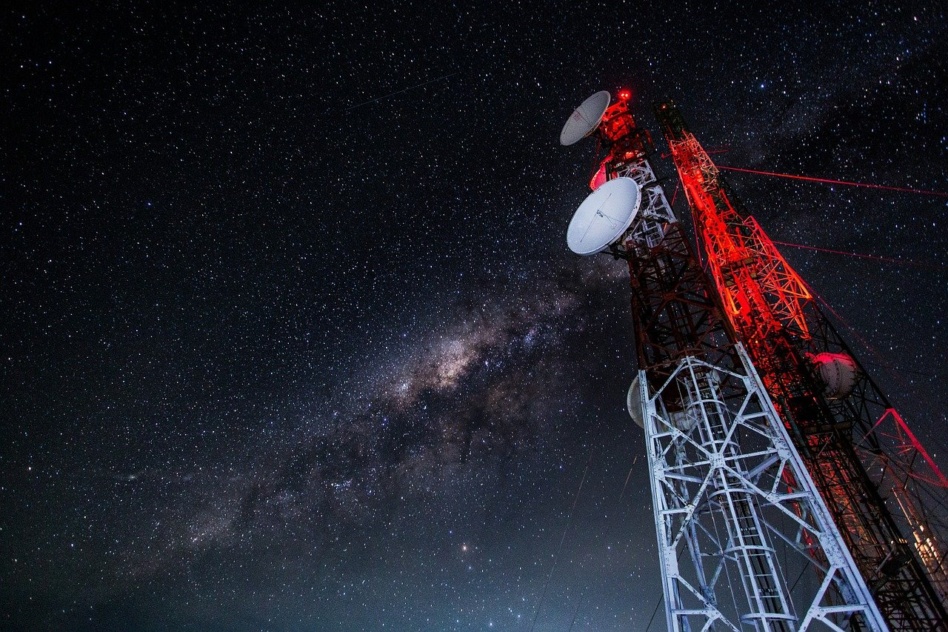The FCC is in the process of repurposing chunks of mid-band spectrum to accelerate 5G network rollouts. In the US, satellite operators have historically occupied the C-band, a key mid-band chunk. Long story short, those leases are up.
Dec. 5 represents a key deadline for C-band satellite operators. If they clear a predetermined portion of airwaves by then—by launching new satellites and migrating customers to other spectrum bands—they stand to receive billions in incentive payments from the FCC.
SES and Intelsat have beat the deadline, SpaceNews reports, which could net the companies a combined ~$2B. It’s a win for the satellite operators and their investors, but one that’s set against a messy and more complicated backdrop.
Why vacate?
As a national US 5G strategy took shape in 2019, the FCC controversially decided to reallocate swathes of C-band. Intelsat, SES, Eutelsat, and Telesat put aside their differences to form the C-Band Alliance (CBA) and lobby for a private C-band sale.
- One CBA talking point: The airwaves of concern are currently (or were until recently) used by satellite operators to broadcast TV and radio to ~120M US households.
- Another one: CBA said Intelsat, SES, and Telesat would shoulder a cumulative $3.3B in spectrum-clearing costs.
Alas, the CBA’s entreaties did not win out. The FCC decided to go the public auction route.
- In Nov. ‘19, on the day then-FCC Chairman Ajit Pai announced the decision, Intelsat shares dropped by 40+%.
- The CBA effectively dissolved a few months later. Intelsat filed for bankruptcy in May 2020, to restructure and shed debt.
- In bankruptcy court, SES lodged a $1.8B breach-of-contract claim against Intelsat. The former says the latter walked away from CBA-clearing commitments after filing for Chapter 11.
The Phase II deadline for accelerated spectrum clearing is at the end of 2023. Intelsat stands to receive $4.9B across both phases, while SES’s share will be ~$4B. The two companies are still trading strongly worded barbs in court. A hearing on how the FCC incentive payments should be allocated is scheduled to start Thursday, Dec. 2.
As for the telcos?
The US wireless industry bid ~$81B total on spectrum rights in the FCC auction, a sum that far exceeded most analysts’ expectations.
In the interim, AT&T and Verizon won’t fully leverage the spectrum they paid top dollar to acquire. The two temporarily, voluntarily agreed to limit 5G transmissions via C-band, due to FAA concerns that signals could interfere with aviation systems. The wireless industry says there’s no evidence of interference. And as CNET reports, a government/industry compromise—ie, a path forward for 5G mid-band rollouts—seems within reach.




